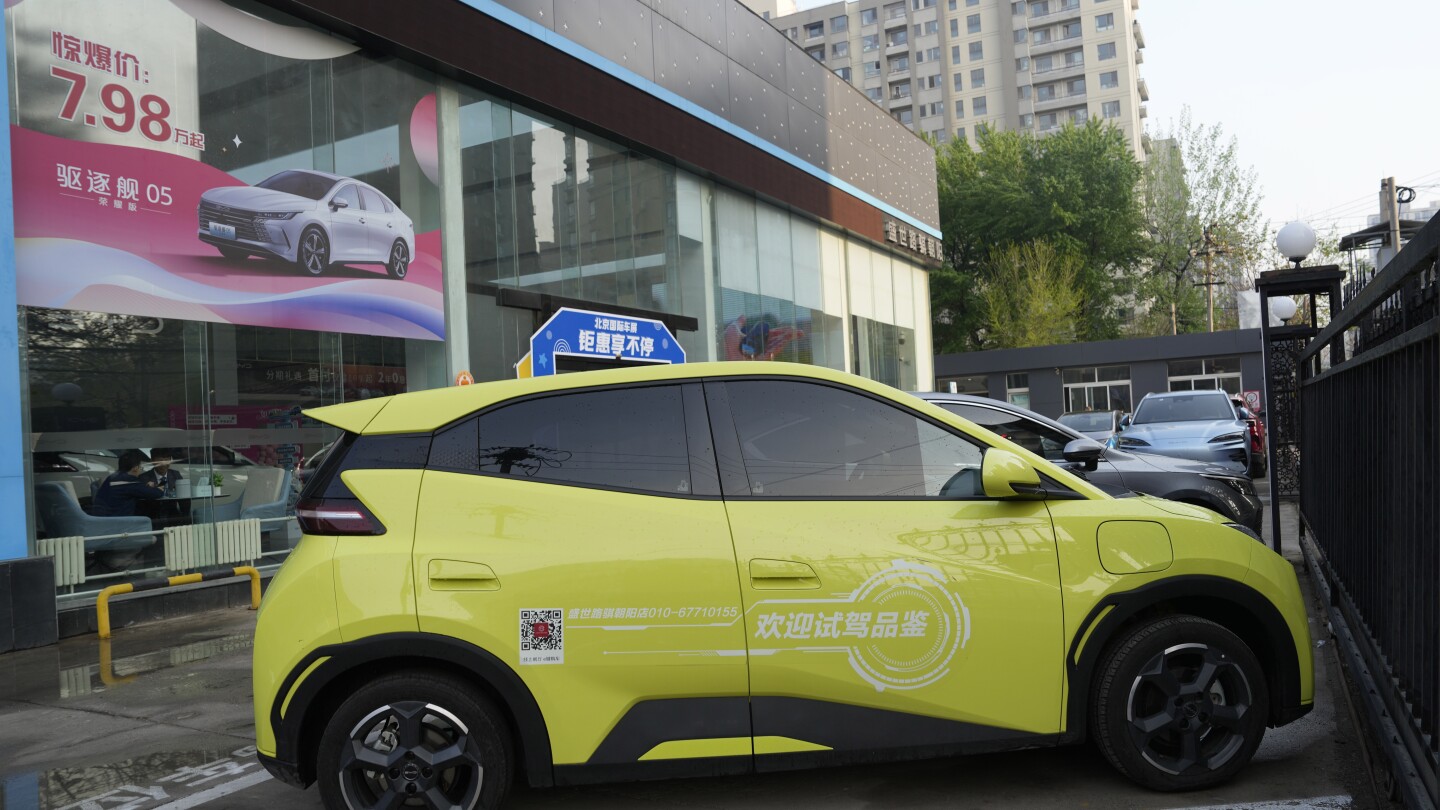- cross-posted to:
- detroit@midwest.social
- news@lemmy.world
- cross-posted to:
- detroit@midwest.social
- news@lemmy.world
cross-posted from: https://lemmy.ca/post/21120107
A tiny, low-priced electric car called the Seagull has American automakers and politicians trembling.
The car, launched last year by Chinese automaker BYD, sells for around $12,000 in China, but drives well and is put together with craftsmanship that rivals U.S.-made electric vehicles that cost three times as much. A shorter-range version costs under $10,000.
Tariffs on imported Chinese vehicles probably will keep the Seagull away from America’s shores for now, and it likely would sell for more than 12 grand if imported.
But the rapid emergence of low-priced EVs from China could shake up the global auto industry in ways not seen since Japanese makers exploded on the scene during the oil crises of the 1970s. BYD, which stands for “Build Your Dreams,” could be a nightmare for the U.S. auto industry.
“Any car company that’s not paying attention to them as a competitor is going to be lost when they hit their market,” said Sam Fiorani, a vice president at AutoForecast Solutions near Philadelphia. “BYD’s entry into the U.S. market isn’t an if. It’s a when.”



This is the best summary I could come up with:
But the rapid emergence of low-priced EVs from China could shake up the global auto industry in ways not seen since Japanese makers exploded on the scene during the oil crises of the 1970s.
Earlier this year, Tesla CEO Elon Musk told industry analysts Chinese EVs are so good that without trade barriers, “they will pretty much demolish most other car companies in the world.”
But Chinese brands that are not yet global household names are offering affordable options that will appeal to the masses — just as the U.S., European and many other governments are encouraging a shift away from gasoline-powered vehicles to fight climate change.
Inside a huge garage in an industrial area west of Detroit, a company called Caresoft Global tore apart a Seagull that its China office purchased and shipped to the U.S.
Company President Terry Woychowski, a former chief engineer on General Motors’ big pickup trucks, said the car is a “clarion call” for the U.S. auto industry, which is years behind China in designing low-cost EVs.
Hoses, for instance, have to meet longstanding requirements in combustion engines for strength and ability to carry fluid under high pressure, many of which aren’t needed for electric vehicles, he added.
The original article contains 1,449 words, the summary contains 203 words. Saved 86%. I’m a bot and I’m open source!